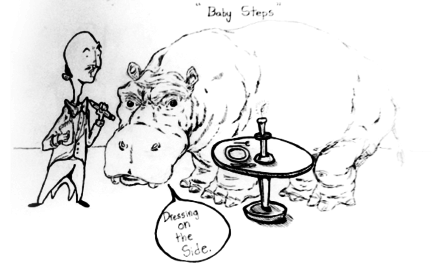To live up to its academic reputation, Emory must be a school where students not only perform well throughout the semester but also retain the skills and information they’ve learned for application in the real world. Unfortunately, as is true throughout much of higher education, some Emory students tend to put-off studying and rely on last-minute cramming, which is not conducive to cultivating the deep-rooted knowledge and subject mastery that could set Emory students apart.
However, the blame does not fall entirely on students. While students would stay on top of their classes and begin studying early for finals in an ideal world, the realities of students’ busy schedules, the barrage of end-of-term papers and projects and an insufficient one- or two-day reading period each semester, make finding the time to do so difficult for even the most organized and capable students.
The University should institute a “dead period” for the week of classes before exams during which no assignments can be due. (Professors could obtain special permission for extenuating circumstances, such as classes without cumulative exams.) Such a dead period would encourage students to begin studying sooner, provide more time for seeking help from professors, peers or teaching assistants and discourage some professors from introducing new material directly before exams.
Without those measures, students are less likely to retain the information they’ve spent four months learning and may never fully learn difficult concepts they’ve struggled with throughout the semester, according research published last year by Dartmouth College (N.H.). The study concluded that “[college] educators could be especially helpful [in promoting effective learning] by structuring their pedagogy in a way that encourages spaced review” and not cramming. A 2015 International Journal of Students’ Research in Technology and Management study of college-age students undergoing exams also asserted that students who cram before exams are more susceptible to developing anxiety-related issues.
In the past, students have called for extensions to Emory’s one- and two-day reading periods. While a longer reading period between classes and exams could be beneficial, a dead period would be more effective since students would be less tempted to mismanage their time. An extended period without classes could tempt students, especially those with fewer exams, to socialize excessively and create a party culture around finals week. A dead period, on the other hand, would free up students’ time without eliminating the structure provided by classes.
There will always be those who choose to waste their time procrastinating and make other questionable decisions. Disciplined students should not suffer because of their less-motivated peers, and if Emory were to institute a dead period, dedicated students would take advantage of it — benefiting more from their Emory-gained skills and education.
The above editorial represents the majority opinion of the Wheel’s Editorial Board.
The Editorial Board is the official voice of the Emory Wheel and is editorially separate from the Wheel's board of editors.





